Peace Hath Her Victories No Less Renowned Than Those Of War:
This famous quotation is from Milton. It emphasizes the fact that periods of peace are not without their glories, though these glories are of a different kind from those won on the battlefield.
All of us are only too familiar with victories won in a war. We are full of praise for the glorious part played by the victorious. Poets sing songs in their praise. Historians record their glorious deeds. Patriots refer to them with a sense of pride. Theatres re-enact their deeds of valor in the form of plays. Great epics have grown around the deeds of valor performed by heroes on the fields of battle. Even today men read the exploits of an Arjuna, of the wrath of an Achilles with a sense of wonder and admiration. Fiction writers weave romances around the glorious exploits of heroes like Pratap and Shivaji.
We should attach much greater importance to victories won in periods of peace. They are not based on death, destruction, famine, or hunger- all these being the by-products of regular war. Battles, when a war is on, are like flashes of lightning, dazzling and brilliant but only momentary. They leave behind only a bright trail of satisfaction. But a time of peace is like the steady radiance of the sun or the tender glow of the moon. Peace-time deeds usually do not startle or dazzle us, but they leave on the mind a lasting impression or a soothing effect. Civilization, which all of us prize so much, is nothing but the slow achievement of workers in times of peace. It is in the peaceful atmosphere of courts and universities and monasteries that philosophers like Plato expounded their philosophies or poets like Kalidas composed their sublime poetry and artists like Raphael produced their frescoes which are distinguished for their beauty. It is during times of peace that the world benefited from the research and investigation of great scientists.
Look at the history of Europe from 1815 to 1915. The Continent enjoyed a time of peaceful conditions. No wars worth the name were fought. What was the result? A phenomenal cultural progress. We are building today on what was then achieved. The airplane was invited in the closing years of the nineteenth century. The world became much smaller with this rapid means of travel. Electricity was put to various uses. Then there are the other victories over those germs and viruses that had spelled death to mankind for so long. The atom was studied. A way to make use of atomic energy for peaceful purposes was found.
These are some of the many victories man has won over matters in times of peace. Surely they are more glorious than the victories won on the battlefield of Waterloo and Panipat. We remember Ashoka the Great not for his conquest of Kalinga but for the message of peace and goodwill with which he conquered the minds of men. Then again we honor Akbar, the Great Mughal, not for his military prowess and victories but for his noble attempt to weld the Indian people together into a single nation. Queen Elizabeth I of England similarly is remembered for the victories of peace, which fill the pages of the history of her reign. Shakespeare, Spenser, and Bacon are the heroes who prominently figure in the victories of peace.
Man has fought an incessant war with the forces of nature and has almost succeeded in keeping at bay the enemies of mankind present in the form of ignorance, disease, poverty, and misery. If we have still to fight these enemies, we need not feel disheartened. The task is simply too stupendous to produce total rout or extermination of the enemy. A relentless war has to continue till the goal is reached. No doubt, that will be the time to make a qualitative assessment of the victories of peace. Of course, I do not mean to convey the impression to my reader that a war proper, fought between two armies, doe not stimulate war poetry or become an inspiration for works of art of other types. War poetry is, comparatively speaking, inferior stuff likely to enjoy short-lived popularity and fame. Being written in the heat of the moment, it fails to reach those heights of poetic worth which are found associated with great or sublime poetry usually written in times of peace. As an example take the poetry of Rupert Brooke as illustrated by his sonnets. Agreed that robust patriotic feelings run through them. Even then, they cannot be classed as high poetry because their aim is merely to inspire young men to fight. The element of pure poetry is thus subordinated to non-poetical considerations.
A final point. The victories of peace are far more abiding than those of war. Whereas wars may affect the destinies of two countries of their people, the victories of peace, say most of the inventions and discoveries are going to be at the service of humanity as long as the world lasts. Carlyle was right (Hero as Poet) in referring Shakespeares to the Indian Empire because he understood it quite well that Shakespeare as a poet and dramatist- a product of the victories of peace, would never die, while the Indian Empire would one day, cease to exist. Time has shown how true Carlyle was, Great religions like Hinduism, Buddhism, and Christianity are symbols of victories attained during peaceful times. They are alive and active even today as they were when they began. Where are Ceasar, Alexander, and Changez Khan? Surely the victories of peace are far more worthy of winning than the most famous military triumphs.
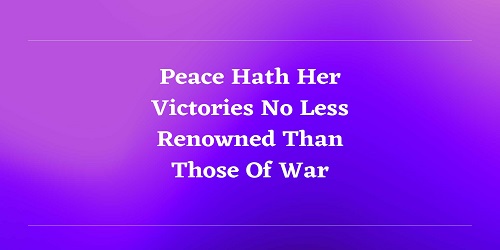
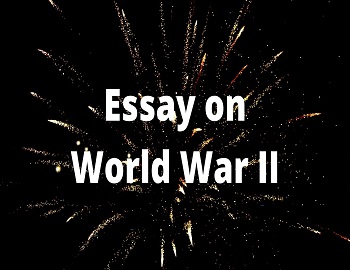
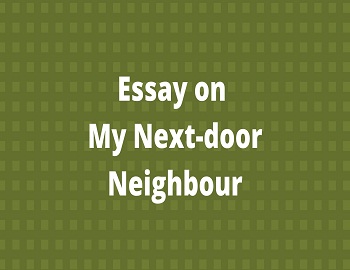
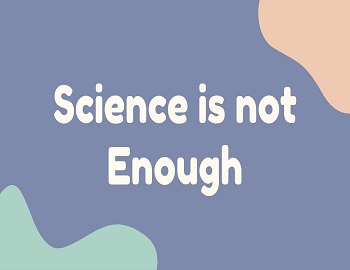
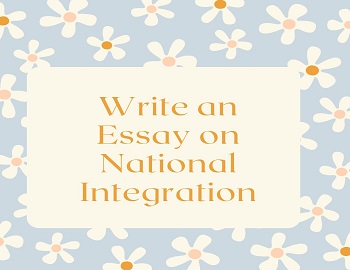
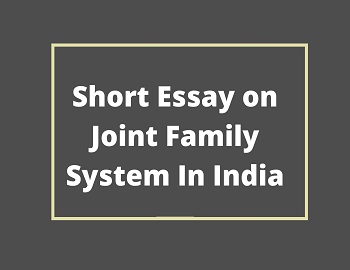
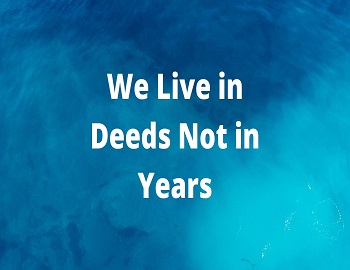
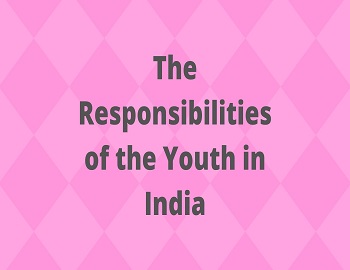
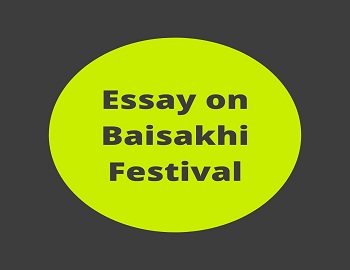
Comments (No)